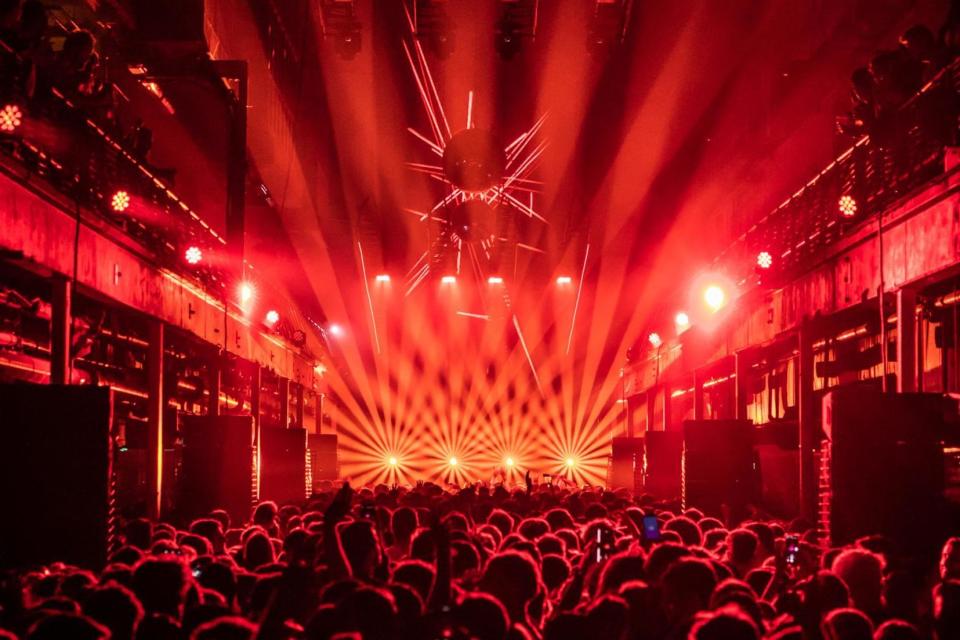'Devastated': London's nightclubs react after missing out on Culture Recovery Fund

Some of London’s biggest and best-known nightclubs are “devastated” and “heartbroken” after not being awarded Government funding to help survive the Covid crisis.
More than £257m was given to arts venues in England last week as part of the first round of the Culture Recovery Fund.
A number of nightclubs in the capital were successful in their applications, such as Ministry of Sound and Corsica Studios, which were handed £975,468 and £407,764 respectively.
However, a number of London’s largest clubs were left out. Printworks, the 4,000-capacity venue in Canada Water, and Greenwich’s Studio 338, which also has space to welcome thousands of revellers, both missed out.
“Can someone please help me understand how a company that is privately owned and run by a small team that have built this from scratch with our own money and created as voted by DJs and the audiences some of the most important venues in the UK and possibly the world are not being given even one penny?” asked Printworks’ Simeon Aldred.
He added: “We generated 34,000 freelance shifts at our shows last year and paid millions in VAT and tax. Many of our contemporaries in the UK got the grant (which I am pleased about) but we have not been given a penny. I have to say on a personal note I am completely broken by this.”
Dan Perrin of Studio 338 said the “astounding” lack of funding was “obviously a shock and something which we find very difficult to understand”.
He continued: “The reason given is that they did not feel we are financially viable. Again this is shocking, as before Covid we were widely regarded as one of the most successful venues in the UK and will be again if we are supported during this difficult time.”

Jo Splain of Cambridge Heath sister venues Oval Space and Pickle Factory said she was “at a loss as to how our venues have not received any support from the Culture Recovery Fund”.
She added: “We are renowned for the depth and quality of our events programme and for our importance to a long list of underrepresented communities, movements, artists and creatives with whom we work and welcome on a daily basis.”
Splain said that “if spaces more closely aligned with authentic club culture have for some reason been overlooked by this fund, then there simply must be alternative financial support made available to them”. She continued: “These are the places where groundbreaking artists and creatives first present their work, often years before they achieve mainstream recognition and are recognised as being of cultural importance. The effect of losing venues such as these will damage the cultural landscape of our cities immeasurably and will be felt for generations to come.”
King’s Cross venue Egg LDN — one of the city’s longest-running clubs, first opening its doors in 2003 — was also missed off the list. Laurence Malice, brand manager and creative director, said he was “devastated by the news”.
Michael Kill, CEO of the Night-Time Industries Association, said: “We are keen, alongside hundreds of unsuccessful businesses, to understand the criteria with which some of these decisions have been made, and gain an understanding of when and if there will be further support for the sector through cultural funding, as we are losing important businesses and people every day.”
A second round of the Culture Recovery Fund is due to arrive in the next few weeks. Various other London venues who applied during the second application window will be hoping for success in this round.

